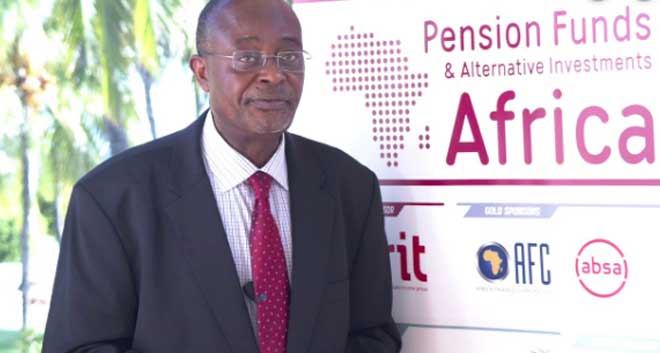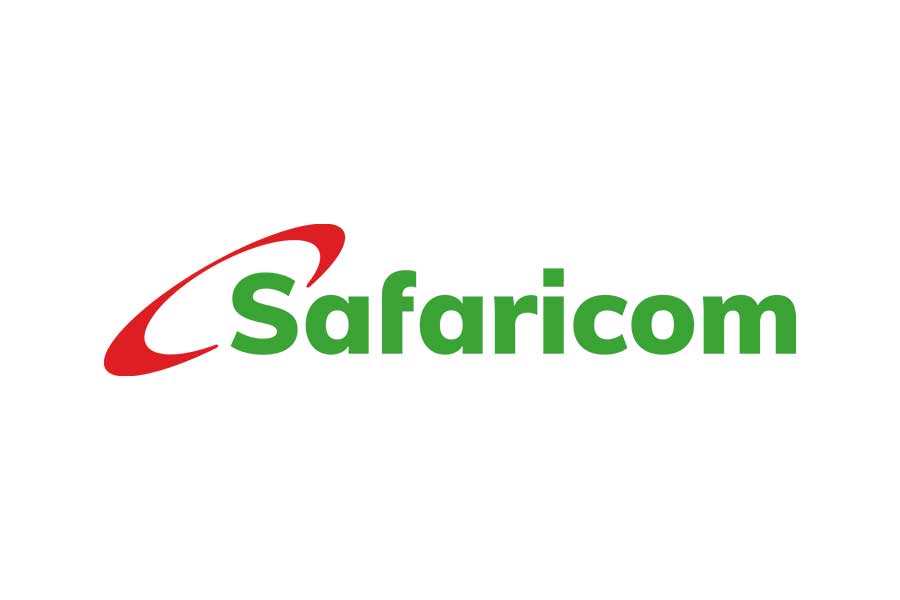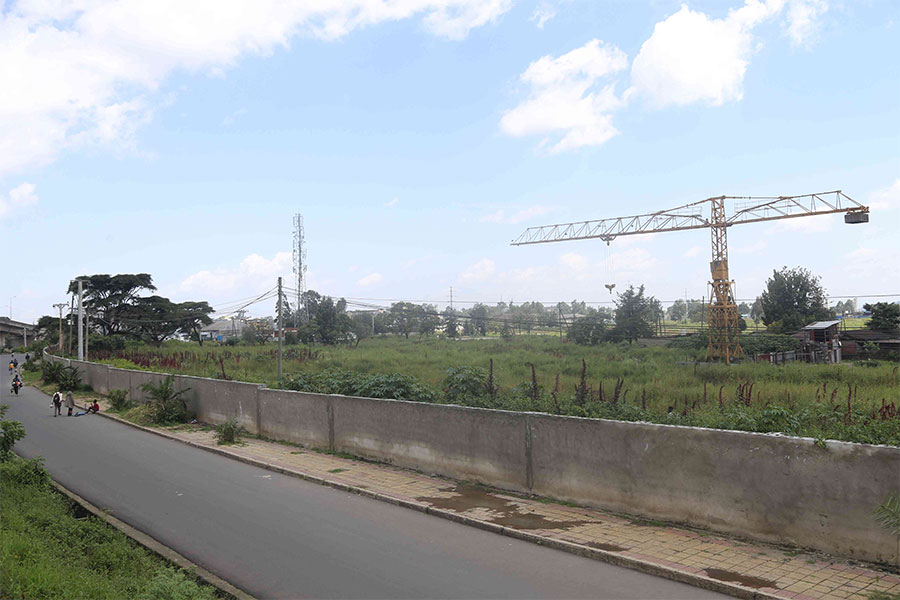
Exclusive Interviews | Nov 23,2019
Jan 25 , 2020
By GELILA SAMUEL ( FORTUNE STAFF WRITER
)
The projects will be launched as public-private partnerships (PPP).
About a dozen large-scale irrigation projects are to be launched by the federal government under public-private partnership agreements, estimated to cost two billion Birr.
The National Irrigation Task Force, comprised of members from the ministries of Finance and Water, Irrigation & Electricity as well as the Office of the Prime Minister, plans to identify 13 potential irrigation projects.
The task force, under the supervision of the Prime Minister, has been working on the scheme for the past nine months. It is currently reviewing these proposals including Tendaho, Kesem, Erer, Anger, Golocha, Keto, Megeche, Chacha, Gidabo, Koga, Raya, Meki-Zeway, Ada-Becho, Ribb and Kobo.
The projects intend to increase harvests to substitute for imported food items, dispense agricultural inputs to the agricultural industrial parks, export agricultural products, and to improve the lives of farmers, according to Michael Mehari (PhD), commissioner of the Irrigation Development Commission.
"It aims to take a step forward toward the long-term course of action to revamp domestic production," Michael told Fortune.
For the current fiscal year, the government has budgeted 14.6 billion Br for irrigation, a significant increase from the eight billion Birr allocated in the previous fiscal year.
“This shows the government’s commitment to the development of irrigation,” said Michael.
Out of the 13 projects, the Ministry of Water, Irrigation & Electricity wants to see the launching of two of them as public-private pilot projects. The technical pre-feasibility work of the projects has been forwarded to the Task Force by the Commission to comprehend the viability of the projects.
The Task Force is currently reviewing these and other potential irrigation projects to identify the 13 projects.
The Office of the Prime Minister, which chairs the task force, has awarded Mckinsey & Company a contract to conduct a study and design a work plan for the delivery of the large-scale irrigation projects in April 2019.
McKinsey & Company, in collaboration with the Office of the Prime Minister, is working to develop a plan for a bankable transaction outline, which will focus on how to bring the projects to yield optimal returns by generating sufficient cash flow. The duo has also outlined two significant impediments: commercial and political risks with respect to making the projects profitable.
About two years is proposed to orchestrate a bankable financing solution. McKinsey, with the Task Force, has presented innovative solutions to attenuate these risks and develop robust business cases to the task force.
“We're waiting to receive the proposed projects,” said Abebe Tadesse, director, PPP Project Development & Monitoring at the Ministry of Finance, "after which we will commence with the work."
Priority is given to projects that are considered brownfield investments, a project that has complete or partial work done, but are not productive or projects that are incomplete. Tendaho is a brownfield investment, since both the irrigation scheme and the dam is completed but has not started production yet.
“It’s expected that the private companies can either work on the expansion of the infrastructure or enhancing production,” said Michael.
A well-known macroeconomist who wants to remain anonymous applauds the government for this initiative to mitigate one of the biggest macroeconomic problems of the country.
“It’s a long overdue and positive move,” he said.
The approach of the government through the PPP should be a combination of the intervention on both brown and greenfields, as an investor might want to introduce and work from scratch on their own projects and the brownfields may have their own problems, according to the expert.
However, he fears that the current political risk and issues with access to finance could be an obstacle to the plans materialising any time soon.
Besides looking at other countries' experiences, agricultural materials are free from taxation for the private investors; thus the government should also work on establishing the necessary political, legal and institutional frameworks for the success of this scheme, according to the macroeconomist.
“The government shouldn’t put all of its eggs in one basket only but examine other options to boost domestic production," said the macroeconomist.
PUBLISHED ON
Jan 25,2020 [ VOL
20 , NO
1030]

Exclusive Interviews | Nov 23,2019

Fortune News | Jul 13,2024

Commentaries | Jun 13,2020

Radar | Mar 07,2020

Radar | Jan 12,2019

Fortune News | Jun 14,2020

Radar | Oct 01,2022

Fortune News | Jul 10,2020

Commentaries | May 23,2021


Dec 22 , 2024 . By TIZITA SHEWAFERAW
Charged with transforming colossal state-owned enterprises into modern and competitiv...

Aug 18 , 2024 . By AKSAH ITALO
Although predictable Yonas Zerihun's job in the ride-hailing service is not immune to...

Jul 28 , 2024 . By TIZITA SHEWAFERAW
Unhabitual, perhaps too many, Samuel Gebreyohannes, 38, used to occasionally enjoy a couple of beers at breakfast. However, he recently swit...

Jul 13 , 2024 . By AKSAH ITALO
Investors who rely on tractors, trucks, and field vehicles for commuting, transporting commodities, and f...

Sep 13 , 2025
At its launch in Nairobi two years ago, the Africa Climate Summit was billed as the f...

Sep 6 , 2025
The dawn of a new year is more than a simple turning of the calendar. It is a moment...

Aug 30 , 2025
For Germans, Otto von Bismarck is first remembered as the architect of a unified nati...

Aug 23 , 2025
Banks have a new obsession. After decades chasing deposits and, more recently, digita...